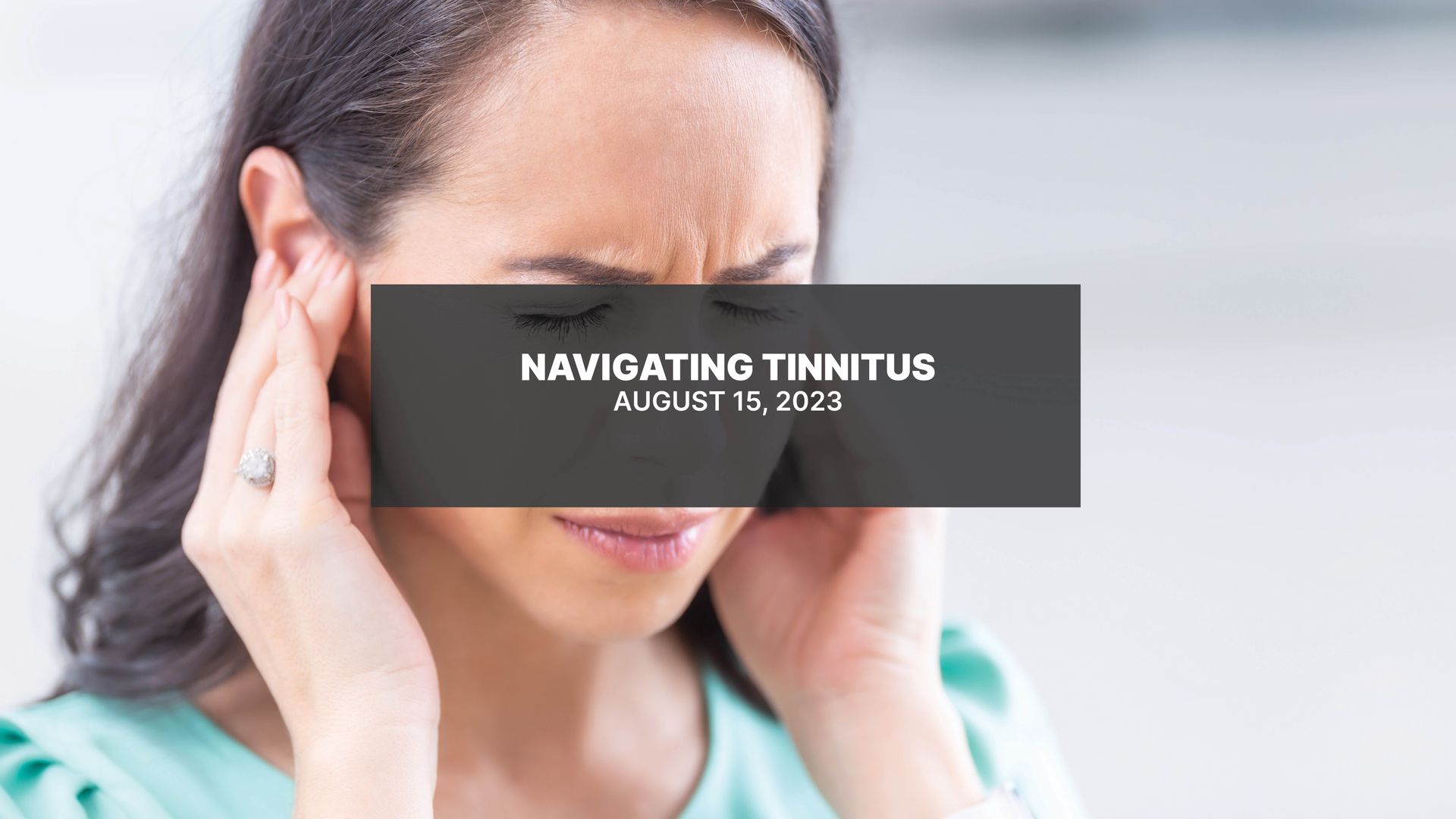5 Tips for Helping Someone You Love with Hearing Loss

Hearing loss is something that affects many people all over the world. It often will happen gradually, but it can be hard to deal with for the person whose hearing has changed. If you have a loved one who you believe is losing their hearing, you want to help them as much as you can, but you also want them to feel comfortable too. Below are five tips you can use to make things easier on both of you.
Do Some Research
Before you start trying to help someone who has hearing loss, you want to have some information yourself. It’s a good idea to have some statistics when you go and talk to your loved one, so they know they’re not alone. Some facts are easy to read on sites such as The National Institute on Deafness, and these will make excellent talking points for the possibly awkward conversation you’re going to have.
Suggest That They Have Their Hearing Checked
There’s a good chance that the person is going to resist when you make this recommendation. They may be worried about the cost of a hearing test and whether their health insurance will cover this. To help with alleviating their anxiety, you could also suggest that you’ll get tested too. This can help ease the situation and bring them comfort in a possibly distressing time. If they say they’ll do it, you may have to schedule the tests with their family doctor and get a referral to an audiologist.
They also might be embarrassed about having this test done. But you can assure them that no one has to know they’re having a test unless they tell them.
Adjust Your Communication Style
People who have hearing issues are going to have trouble understanding and hearing those around them. If you are talking to them and you stand facing them in a well-lit room, the person is going to be able to understand you much better. Maintain your eye contact with them. Don’t exaggerate your lip movements or voice. You should instead try speaking at a reasonable pace. If you don’t feel as if they can understand what you are saying, try rephrasing what you’ve said. Speaking differently isn’t the same as merely repeating yourself, which you might do if you’re talking to a young child. It’s also essential to use their name to make sure you have their attention. You don’t want to put your hand close to your mouth while speaking. It’s also a good idea to let them know when you’re changing the topic. This will help the person who has hearing loss and makes them less frustrated.
Be Sensitive and Empathetic
Remember, your loved one’s self-confidence might be affected by their hearing loss. If you bring up the hearing loss at the wrong time, you might make them feel more depressed or isolated. A lot of seniors already know that their hearing is going, and they wish that it wasn’t happening to them because they feel out of control. When you broach the topic, make sure you’re conveying your concern and love. Try to avoid being pushy. Being empathetic is essential if you want to show the person that you know how vital their dignity and independence is to them. If you don’t be careful and handle the conversation slowly, allowing the person to process the things you’re saying, there’s a good possibility it’s not going to go well. They may feel frustrated and change the topic.
Be an Advocate for Hearing Loss
Anytime the person who has a hearing loss goes to a family gathering or social function; there’s a good chance that they are going to feel uneasy. If you can, stay available for these types of events. It will also only take a few minutes to email or text other people at the event and let them know that you’re bringing someone who has a hearing loss. Share some tips for smooth communication with the person. But you should also be careful when you think about who you’re telling so that the person doesn’t feel embarrassed.
These are five tips that you can use when it comes to helping someone you love with a hearing loss. Remember that this is a hard time for them and that they are dealing with something challenging. They need your love and support right now.
Do you need some help approaching the subject, or want to schedule a hearing test? Contact us at Johnson Audiology. We are always happy to help you and your loved one with all your hearing health concerns. Call us at 423-954-7994 and let us know how we can help. It will make a big difference.


*This link leads to the machine-readable files that are made available in response to the federal Transparency in Coverage Rule and includes negotiated service rates and out-of-network allowed amounts between health plans and healthcare providers. The machine readable files are formatted to allow researchers, regulators, and application developers to more easily access and analyze data.
All Rights Reserved | Johnson Audiology | Powered by Flypaper | Privacy Policy



